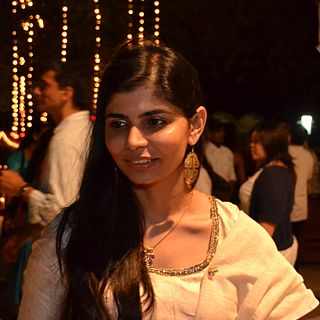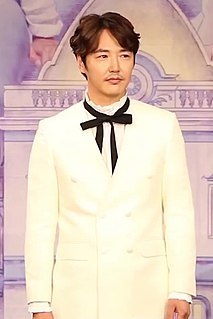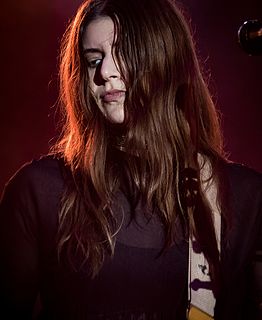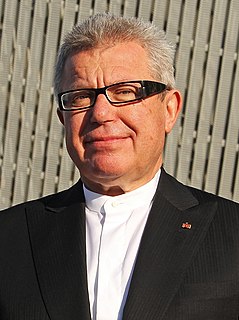A Quote by Chinmayi
I like the continuity of singing my lines together instead of going line by line.
Related Quotes
The two black lines on the armband means that they're the deceased's family. One line means they are either friends or acquaintances. One line of the arm, one line on the heart. The bastards who stood by my side with two lines, they'll be the hardest farewells I'll have to make in my life, and they're the luckiest fortune I've met in my lifetime.
Instead of thinking in terms of chords, I think of voice-leading; that is, melody line and bass line, and where the bass line goes. If you do that, you'll have the right chord. [These voices] will give you some alternatives, and you can play those different alternatives to hear which one suits your ear. Keep the bass line moving so you don't stay in one spot: if you have an interesting bass line and you roll it against the melody, the chords are going to come out right.




































